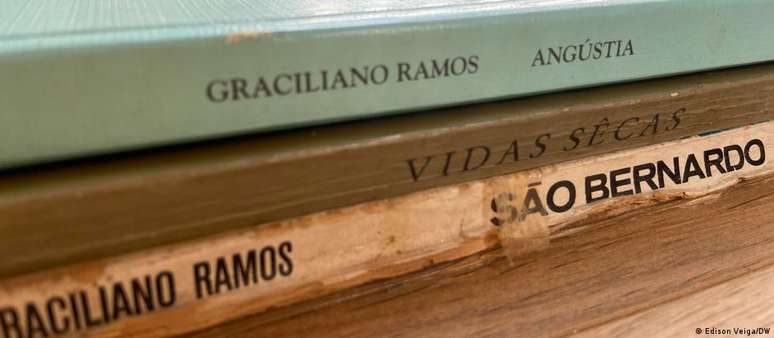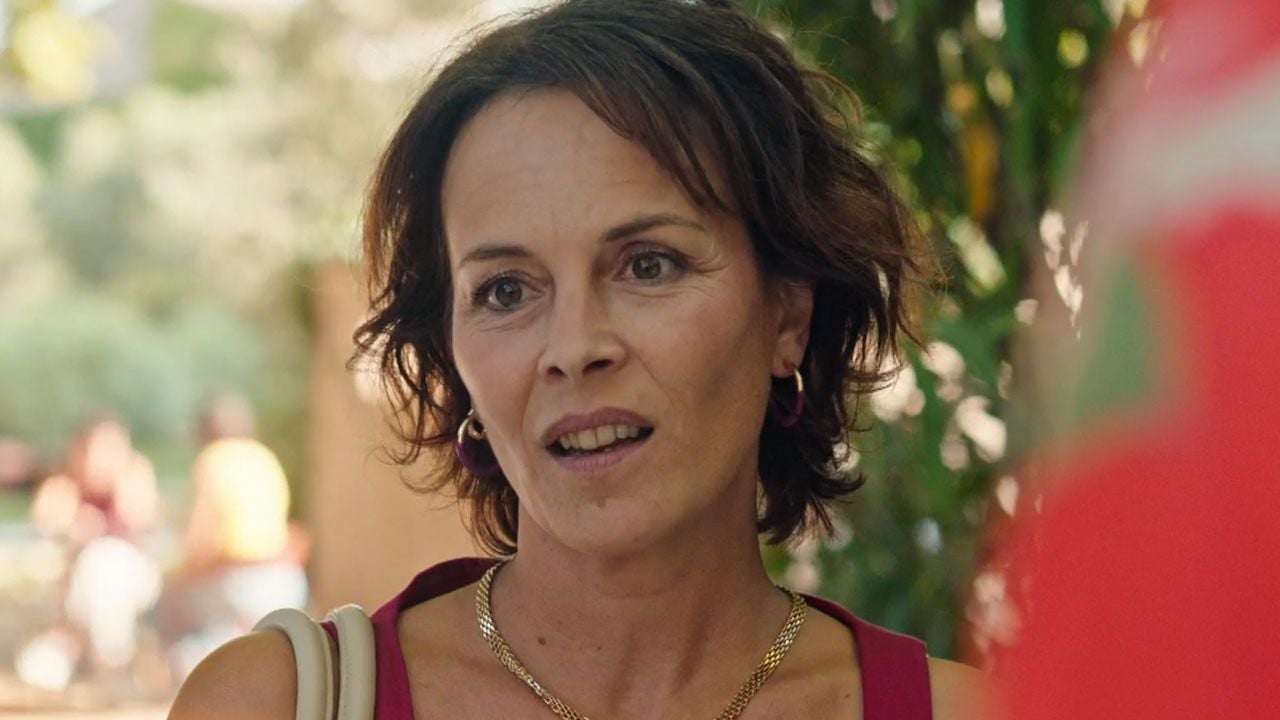For the writer’s family, Brazilian legislation does nothing but increase publishers’ profits, as well as allowing less careful publications. Anyone who adapts a work for television or comics, for example, will be able to receive a share of the profits. Vidas Secas, Angústia, São Bernardo and all the other books written by Graciliano Ramos (1892-1953), one of the greatest names in national literature, are in the public domain from this Monday (01/01). As required by Brazilian legislation, it is no longer necessary to pay royalties to an author’s heirs starting from the year following the seventieth anniversary of the author’s death.
The expectation is that several re-editions of Graciliano’s most famous titles will be released. Your work can also be downloaded for free on the public domain portal, a digital library managed by the Ministry of Education.
According to jurist Gustavo Martins de Almeida, lawyer of the National Union of Book Publishers (SNEL), the integrity of the work remains protected. “After the age of 70 [da morte], the work can be freely reproduced. However, there is a moral right that implies the integrity of the work, that is: its content cannot be altered”, he explains.
“Moral rights must be protected, that is, the work must continue to be credited to the author and its integrity maintained”, adds journalist Leonardo Neto, specialized in the publishing market and curator of events such as the Sao Paulo Book Biennial. “No modification may be made that would damage the work or harm the reputation or honor of the author.”
Adaptations to other platforms can be made without the need for authorization from the heirs. “In these cases, new copyrights apply to the adapters,” explains Neto. “For example, if a comic artist wishes to adapt Vidas Secas into a comic, he and the screenwriter must receive royalties. The legislation stipulates that, in the case of adaptations and other transformations of original works, it is considered a new creation intellectual.”
In these cases, the law states that the adapter owns the copyright and cannot oppose another adaptation. “In other words, in theory, the possibilities for adaptation become infinite,” comments the curator.
“The legislation does not dictate what can or cannot be changed, as long as the moral rights of the author are maintained,” he says. “In other words, no one will be able to rewrite the stories without declaring on the cover that it is an adaptation based on the work of Graciliano Ramos.”
The family criticizes the law
Graciliano’s nephew, writer Ricardo Ramos Filho says the family had been preparing for this transition for some time. Years ago, the contract signed between the heirs and the Record publishing house, which publishes the author’s complete works, was renewed. “And we signed a longer contract. The publisher will continue to pay royalties to the family until 2029,” he reports.
Ramos Filho emphasizes that each reprint is monitored by the family, with the aim of guaranteeing the final quality. “We know it [agora] Many publishers will publish without much care, thinking only of profit. And obviously we don’t like this,” he comments.
“The right of public domain, I would use a very strong word to define what I think, I think is an excrescence,” says Ramos Filho. Their argument is that the legislation only serves to increase the profits of those who exploit the author’s works.
He says he approves of the fact that from now on anyone can freely access the work from an online library, completely free of charge. “For that we shouldn’t even wait 70 years, 50 would be fine. I think it’s important that people can access the author’s work without paying, it’s important that it is read and disseminated. This is in the public domain.”
The problem, for the heir, is marketing. «From January any publisher will be able to publish Graciliano without paying the 10% that he paid in royalties to the family. Will the book cost less for this reason? No. Publishers will be able to publish the author, they will not pay the royalties directly and they will continue to charge the same amount for the book,” he says. “This is what makes us angry. But that’s okay: it’s the law and maybe we don’t accept it, but we follow it.”
“Public domain law, as it stands, is a mistake,” he points out.
Importance of the work
“A classic is a classic and for this reason it maintains its relevance. Dry Lives, for example, has remained for many years compulsory reading in university entrance exams and in the most popular bestseller lists”, underlines journalist Neto. “From a market perspective, this demonstrates the power of your work.”
For experts, what is important is the greatness of his work in the canon of Brazilian literature. “The constructive quality of Graciliano’s work makes it immortal, infinite for humanity, like any great work of art”, comments Marcos Falchero Falleiros, professor at the Federal University of Rio Grande do Norte (UFRN), who studies works of the author.
“The great Brazilian fiction writer of the 1930s generation remains relevant and indispensable today because his work still touches on issues that are very present in Brazilian reality […]: poverty, the exploitation of man by man, violence, the processes of enrichment and acquisition of power by a dominant and oppressive class, the effects of poverty on the interior life of people and issues of an existential nature such as ‘envy, selfishness, dissatisfaction’, analyzes Professor Emerson Calil Rossetti, doctor of literary studies from the Universidade Estadual Paulista (Unesp) and creator of the YouTube channel Elite da Língua.
“It is necessary to clarify that, in addition to being a work ideologically committed to social reality, Graciliano was able, like few others, to capture the nuances of human personality through the stylization of characters absolutely rich in human substance”, he adds. “There is a very interesting and certainly timeless existential bias in his productions.”
The writer and literary critic Marisa Lajolo, professor at the Universidade Presbiteriana Mackenzie, underlines that Graciliano “is unanimously considered by critics to be one of the greatest Brazilian novelists”. “His language is simple and direct”, she underlines, adding that the author’s books, in particular Vidas Secas and São Bernardo, “excite readers with the realism with which they describe the living conditions of rural workers”.
“The soul of each person portrayed by Graciliano Ramos was clearly revealed. He was direct in what he said and imprinted a little of himself in the reflections of the types he created. This made them seem like people who, in reality, exist. There is honesty and sincerity in his writings”, comments Professor Ana Sampaio Machado, of the Escola Superior de Propaganda e Marketing (ESPM).
Source: Terra
Rose James is a Gossipify movie and series reviewer known for her in-depth analysis and unique perspective on the latest releases. With a background in film studies, she provides engaging and informative reviews, and keeps readers up to date with industry trends and emerging talents.







